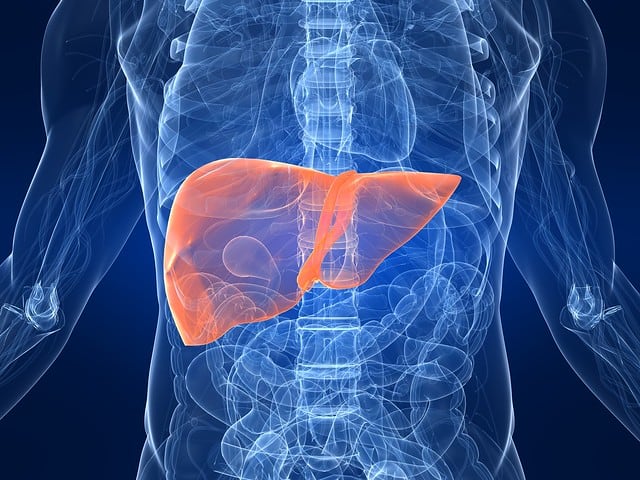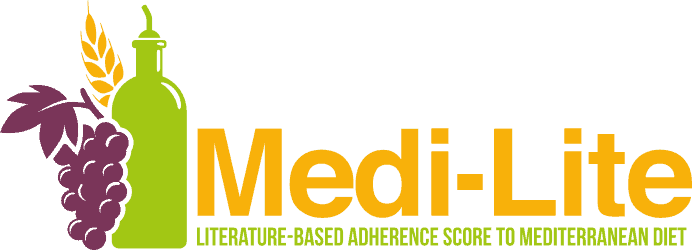Mediterranean diet and fatty liver disease
The association between nutrition and liver is not a new evidence, but how can the Mediterranean diet help to counteract “fatty liver”?
A recent meta-analysis published in the Journal of Diabetes & Metabolic Disorders has documented how the adoption of a Mediterranean dietary pattern is associated with an improvement in some of the most important risk factors for non-alcoholic fatty liver disease (NAFLD). In particular, the researchers examined 7 observational studies and 6 clinical trials conducted on people with NAFLD, revealing a significant reduction in body mass index (-1.2 kg/m2), blood triglycerides (-33 mg/dL) and insulin resistance in those who followed this dietary pattern. In addition to presenting a better cardiometabolic profile, these subjects also had a lower degree of hepatic steatosis (evaluated by magnetic resonance imaging – the “gold standard” examination for this condition).

As the authors of the study report, this is a relevant result considering that NAFLD affects 20-30% of the Western population and that there is no pharmacological therapy to date. This condition is closely associated with obesity (80%-90%), dyslipidemia (90%), high levels of glucose and triglycerides, and is one of the major predictors of diabetes and cardiovascular diseases. In addition, an association between NAFLD and reduced cognitive function has been found in a representative group of the population aged 20-59 years.
In conclusion, this work suggests that following a Mediterranean diet leads patients with NAFLD to improve their cardiometabolic profile, confirming that the entire cardiovascular system benefits from this type of diet, not surprisingly, an intangible World Heritage (UNESCO 2010).
Source: Akhlaghi M, Ghasemi-Nasab M, Riasatian M. Mediterranean diet for patients with non-alcoholic fatty liver disease, a systematic review and meta-analysis of observational and clinical investigations. J Diabetes Metab Disord 2020; 19: 575-584.

